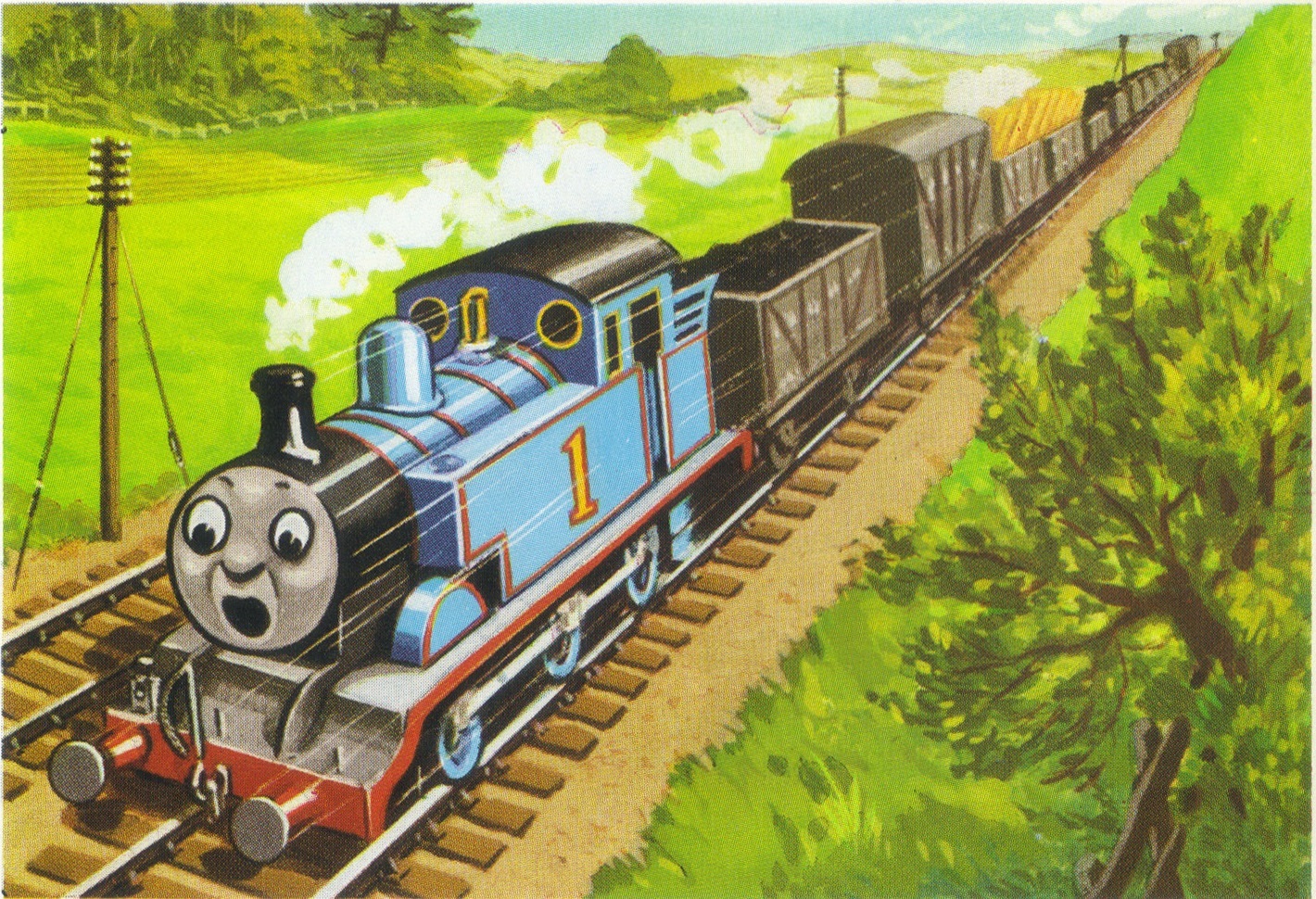
AI research on the Island of Sodor is massively ahead of the rest of the world. Why does Sodor ignore its massive economic comparative advantage? The Island of Sodor has a major comparative advantage: the best artificial intelligence researchers in the world. However, the personalities of the intelligent trains on Sodor are, for the most part, very naive and child-like. In theory, this sounds good – local knowledge and individual initiative are usually superior to central planning. The route the train takes to the destination is up to the intelligent train.

Why aren't routes and schedules determined centrally? On Sir Topham Hatt's railroad, engines are given a cargo manifest and told the destination of the cargo. Why aren't the trains used more efficiently? For the most part, the freight trains on Sodor only haul one car at a time – occasionally, they'll haul two. They also drive themselves – it's made clear that they can move on their own power. These trains are capable of reasoning and planning out their own workdays. Why do the trains have drivers? One of the most remarkable things about the railways of the Island of Sodor is that they are managed by intelligent trains.

On the other hand, the Island of Sodor seems to have a thriving middle class. Usually this type of cronyism leads to massive inequalities of wealth as established businesses use the power of government to thwart competition.

How does Sodor make cronyism work? There's clearly a bit of cronyism on the Island of Sodor helping to line the pockets of Sir Topham Hatt.


 0 kommentar(er)
0 kommentar(er)
